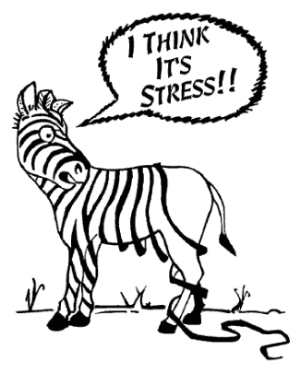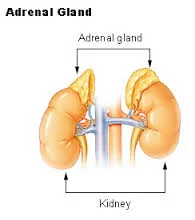Happy first snow day of 2016!! Are you as excited to see the snow as I am?
Below are little reminders of tips I mentioned over the past year to help you stay motivated, remain on track with your goals and ultimate climb higher on the mountain that is life.
On December 31st many of us set intentions for the New Year. These could be to loose weight, decrease stress, or accomplish something big at work. How quickly do we loose track of these resolutions because life gets in the way? It is important to dream big, but in order to be successful at achieving our goals and avoid defeat, we need accountability and simple steps to take to keep us on track. Here are 7 steps I suggest:
- Break goals down: Goals that are too big to achieve all at once can overwhelm us, leading to a higher chance of failure. I find that breaking them down into more achievable goals is key. For example, if your goal is to loose 15lbs by the summer, break it down into 5lb increments and work towards that every 2 months. Or even smaller if needed.
- Set positive intentions daily: Expanding from the last point, setting intentions every morning, whether it be eat your greens or thank someone today, provides motivation and focus for the day and ultimately decreases stress and improves mood. Try the 5-minute journal.
- 5-minute meditation: Meditation has been proven to the decrease the stress hormone cortisol, decrease blood pressure and improve sleep, among other things. It will ultimately make you more productive and closer to your goals. Try headspace, calm app or simple start by listening to a song you love and try to remain present.
- Drink lemon water: If weight loss or proper digestion is a goal this year, warm water with lemon in the morning will stimulate digestion and improve liver function, prepping your body for the day.
- Sleep: Sleep is one thing that tends to suffer, the busier life is. Sleep is when we detox, repair tissues and eliminate toxins. Lack of sleep decreases immune function, increases cortisol and increases anxiety/inflammation. Aim for 7 hours of sleep a night. Try lavender essential oil or turning off electronics an hour before bed.
- Write things down: We are always more accountable when things are written down. I was taught to create to-do lists for everything! It always feels good to cross something off the list, knowing you are closer to your goals. This goes for resolutions, what you want in life, or your daily tasks.
- Seek advice: Finally, if you need support or accountability, please reach out. There are a variety of services available to you and people happy to help. I am one of them :)
In health & happiness,
Dr. Karen
(Photo credit: www.ted.com)








